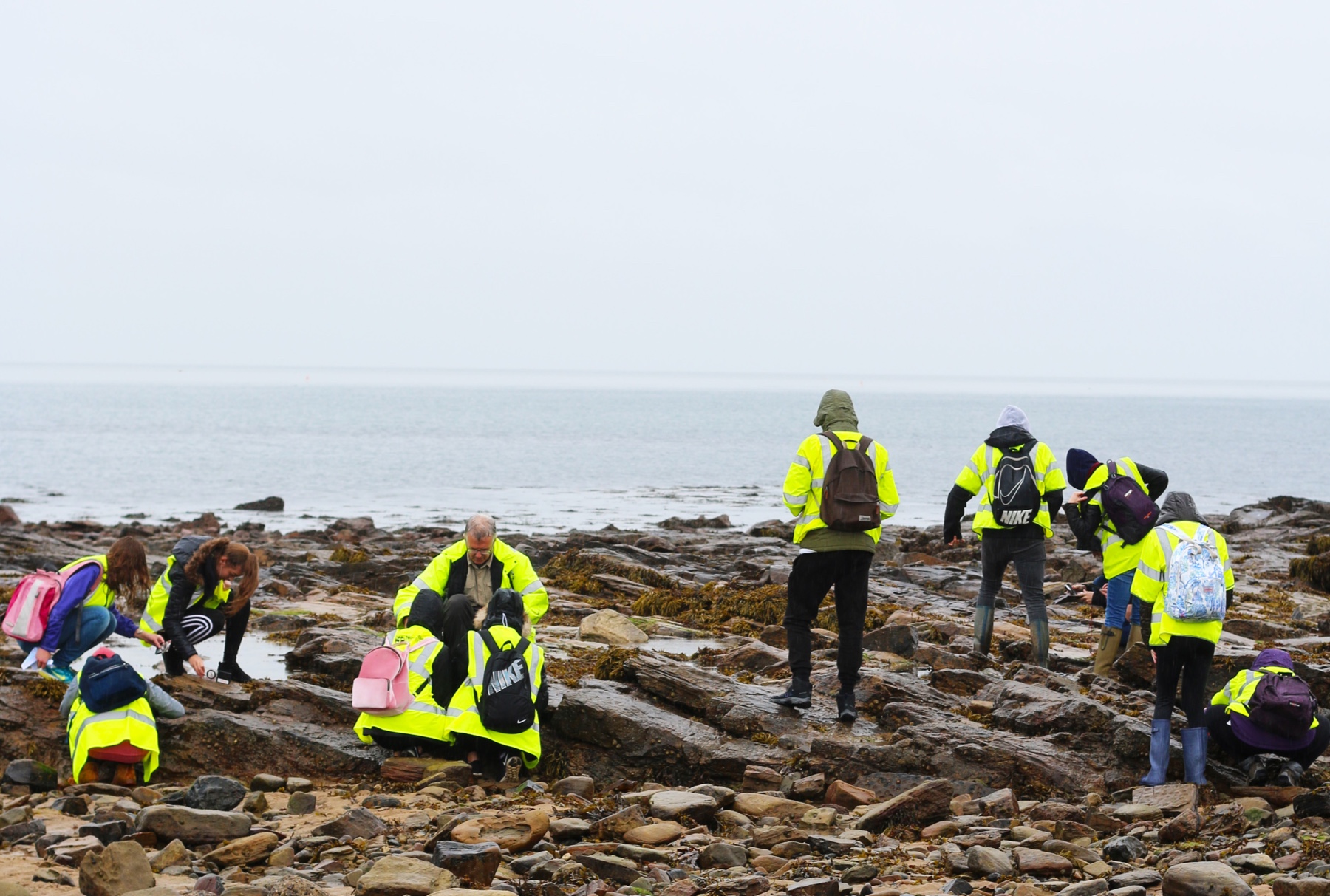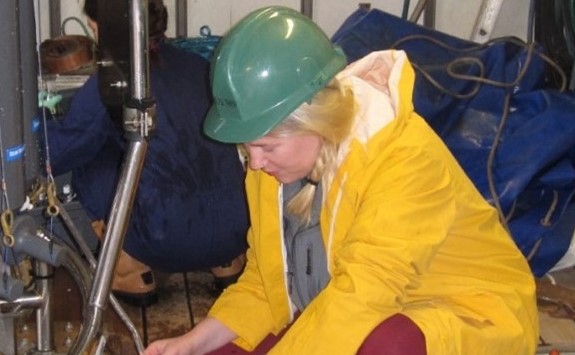Pollution
Our Research
Research in pollution is moving away from remediating historical pollution caused by use of fossil fuels and heavy industry in the 19th and 20th Centuries to identifying and understanding future pollution sources in the 21st Century. New and emerging organic micropollutants in the environment, such as pharmaceutical residues are of increasing concern, while more well-known ones like petroleum hydrocarbons and polycyclic hydrocarbons, still need better knowledge of their behaviour and fate in the environment to reduce the risks they pose.
Microplastics in both marine and terrestrial environments are undeniably hot topics. Most modelling of plastic dispersion in the ocean focuses on buoyant plastic being transported at the surface. However, most plastic, specially microplastics, is likely to be found deeper in the water column and in the sediments. In terrestrial environments, we are primarily interested in tyre-derived microplastics which contain a range of potentially hazardous chemicals which have been shown to cause harm to marine life. There is also growing concern at the potential toxicity of microplastics in soils.
Current Researchers
Dr Geoff Abbott explores mass spectrometric methods to identify and quantify tyre-derived microplastics. This research measures tyre particle concentrations at their points of entry to the marine environment and then describes their subsequent transport in the water column. We measure concentrations in the water, sediment and marine life at increasing distances from the places where these particles enter the sea. This information will then be used to establish the potential for any associated risks to marine life at environmentally relevant concentrations.
Dr Martin Cooke is currently involved in four research fields that focus on the relationship between 21st Century pollutants and their impacts on human health. These are multidisciplinary projects with input from medical researchers and engineers.
Example projects
Soil sampling around the NE of England has identified the presence of an ionic liquid, methylimidazolium. Analysis of this compound by researchers in the Newcastle University Medical School has found it to be a xeno-oestrogen and highly toxic. Ref: Leitch et al., The toxicity of the methylimidazolium ionic liquids, with a focus on M8OI and hepatic effects. Food and Chemical Toxicology 2020, 136, 111069.
Impact of nutrient and micronutrient additions for hydrocarbon bioremediation.
Use of biodiesel for bioremediation of polycyclic aromatic hydrocarbons in soils.
Effect of weathering on markers used for oil spill fingerprinting.
Defra-NERC funded CAMPUS project
NERC Standard research grant (2021 – 2024): Lost at Sea - where are all the tyre particles? (TYRE-LOSS)
Funding from Highways England (2022 –2023): Microplastic detection and measurement.

